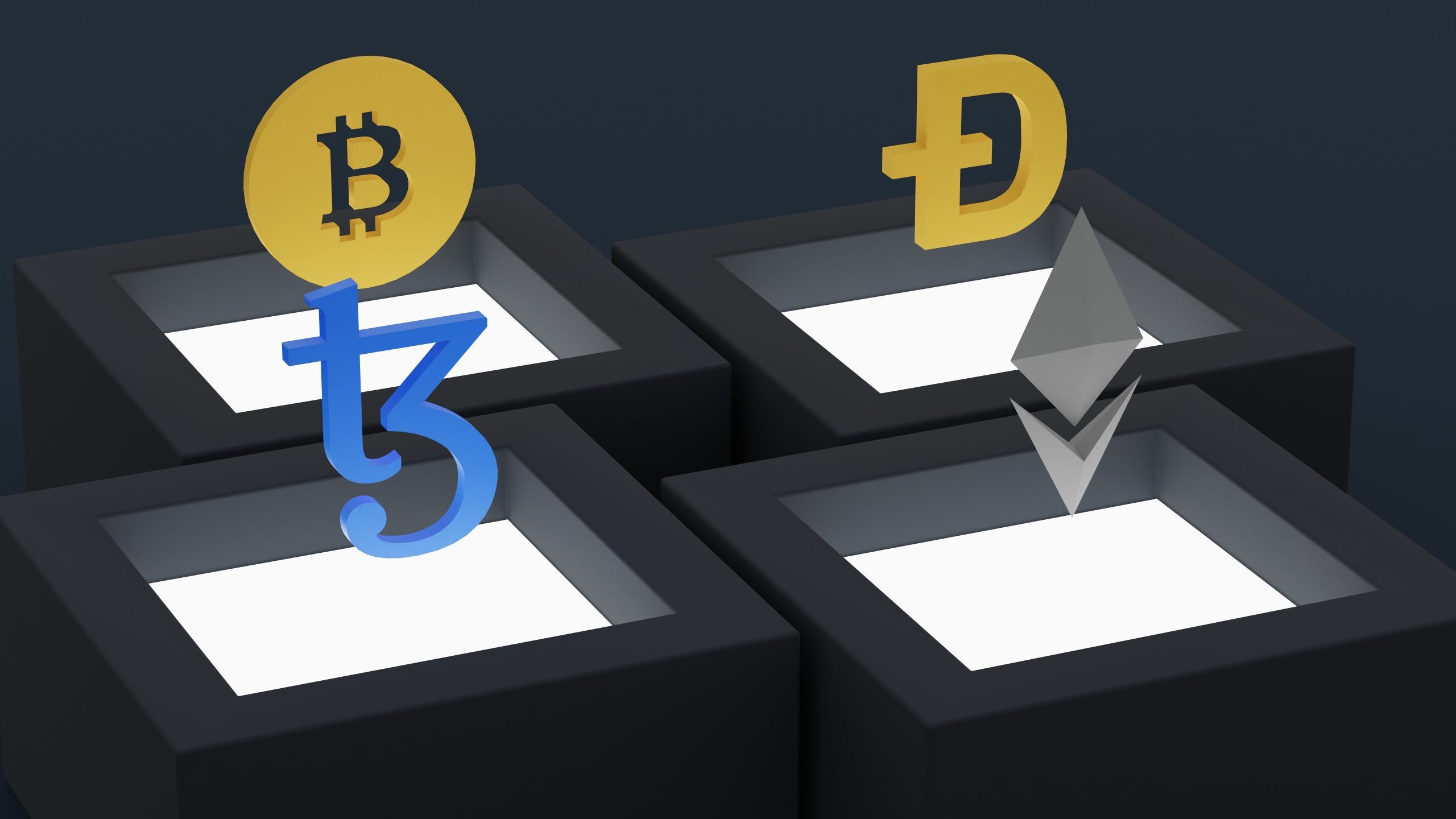DeFi is a new concept where transactions are carried out directly between peer-to-peer (p2p) users and don’t rely on an intermediary party (like banks). Decentralized finance is part of the most revolutionary technology available to date, Blockchain – it uses this technology to carry out transactions, execute Smart Contracts and store valuable information. DeFi simplifies any kind of financial operations by being transparent and open to all. But what is DeFi exactly?
What is DeFi?
When it comes to all things “finance,” there are two types of systems in place—Centralized and Decentralized. Centralized finance consists of banks and other financial institutions which control your money. The concept of DeFi became popular because Centralized Finance does not satisfy all the needs of general customers regarding their finances. Some of the cons of Centralized Finance are:
- The transaction fees in a Centralized Finance rise as the number of intermediaries increases. For instance, if you use payment apps like Paypal, you’ll find that there are different transaction fees on different kinds of payments (like donations made domestically or internationally, buying and selling Cryptocurrency, or sending and receiving money internationally). Now consider if you use a Centralized Cryptocurrency Exchange, then you will have to pay transaction fees whenever you sell or buy Crypto. When the amount gets deposited into your bank then the bank will incur its own transaction fees.
- Centralized Finance platforms can control their customers’ accounts and money. Sometimes the customers have to reveal personal information to access the platform. If the platform is hacked or subjected to a cyberattack, there is a risk of losing money and the privacy of your personal details.
- There is a lack of transparency in Centralized Finance systems due to their nature. Transaction fees can rise abruptly, how much money you can withdraw or what businesses are allowed to deposit their money in such systems are all decided by a third party.
In Centralized Finance, the trust between the customers and the authority (or banks) is the main driving point. Decentralized Finance on the other hand follows codes (you can read that code to make sure you are using the right services, like the open-source code of AAVE). Now let us have a look at the benefits of Decentralized Finance:
- Decentralized finance relieves the burden of relying on any third party for monitoring, data storage, server space, and other services. Blockchain networks excel at achieving all of these attributes because transaction histories can be disseminated to all users.
- It is virtually impossible to modify any record on the blockchain network thanks to immutability (Code does not change).
- Decentralization means more transparency, and the distributed ledger keeps track of everything that happens on the blockchain network.
- DeFi has also played an important role in the growth of peer-to-peer lending and borrowing solutions like AAVE.
What is AAVE?
AAVE is a cryptocurrency lending and borrowing platform. AAVE tokens (aTokens) are created when money is deposited and destroyed when it is redeemed. The value of the underlying asset that is placed in the AAVE protocol is tied 1:1 to the value of the aTokens. aTokens earn interest dynamically, directly in the lender’s wallet, while the underlying asset is leased out to borrowers. A Smart Contract is used to allocate the lender’s funds. The lender can take funds out of the pool anytime or export an aTokens version of their lending position. Holders of aTokens receive earnings as:
- The interest paid by borrowers (shared among the depositors).
- Fees for Flash Loans
You might also be interested in reading:
- How To Use Trust To Avoid Probate For Cryptocurrency
- How to include Cryptocurrency in your Digital Estate Plan
How Does DeFi Work?
The blockchain stores transactions in blocks which are then validated by other users. If all of the verifiers agree on a transaction, the block is closed and encrypted, and a new block is created containing information from the preceding block. There is no way to alter a blockchain because the information in previous blocks cannot be changed without affecting subsequent blocks.
The idea of a decentralized financial market without the need for a bank to take care of your money is growing in popularity. It doesn’t hurt that there are various platforms that make this kind of trade simple and easy to understand, even for those who aren’t as well versed in trading or haven’t invested before. It’s clear that while there are still some things to work on before the platform is ready for prime time, it certainly has some strong potential.
If you want to utilize the power of DeFi, it makes sense to secure your digital assets. Legacy solutions are outdated and will not protect your cryptocurrency in case something happens to you or if things start to go wrong with your private keys. Digital Estate Planning can help secure your digital assets and everything that is connected to them.




